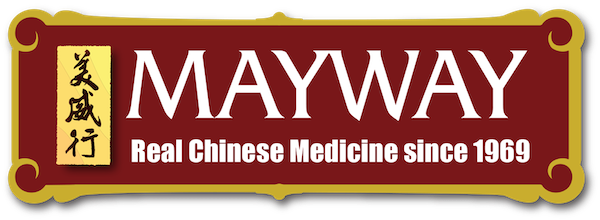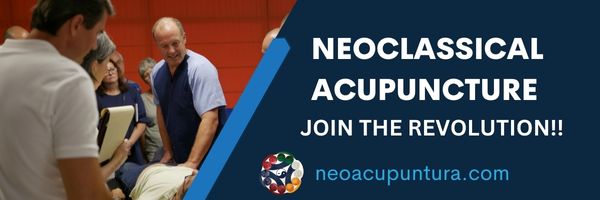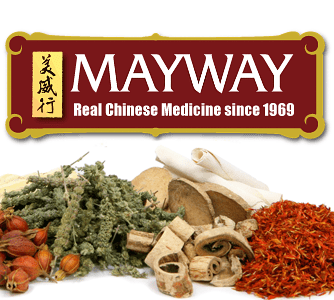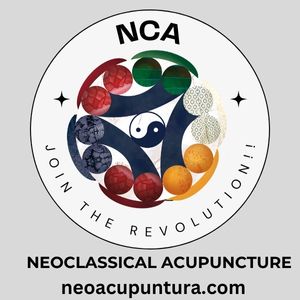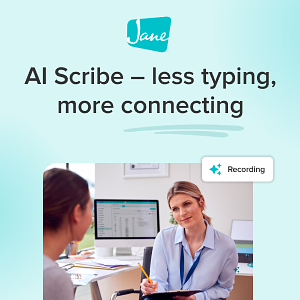What do we do when the world feels like it’s unraveling? How to respond when our systems—political, economic, medical—feel brittle, even broken? It’s easy to fall into despair, or look away. But maybe what we’re being asked to do is look closer. To stay present.
In this conversation with Ed Neal and Mel Hopper Koppelman, we explore the edges where medicine, ecology, and culture meet. Both are thinkers who don’t shy away from complexity. Ed draws from classical Chinese texts and ecological systems. Mel, from her knowledge of science and systems thinking.
Listen into this discussion as we explore the role of Chinese medicine in times of crisis, the importance of narrative and metaphor in clinical work, how despair and possibility coexist, and the invitation to practice medicine as an act of presence and participation.
- The cracks in our systems might be invitations, not just failures
- Ecology teaches us that resilience lives in complexity
- Chinese medicine has tools for navigating disorder, not just disease
- Medicine works better when we stop trying to control everything
- Linear thinking can’t help us make sense of living systems
- Sitting with despair can be more honest than trying to fix it
- Language shapes healing—diagnosis is not the whole story
- Certainty in medicine often comes at the cost of curiosity
- The Neijing speaks clearly to the chaos of our current moment
- Hope is a discipline, not a feeling
- The body is not a machine—it’s an ecosystem
- This moment asks us to show up with presence, not perfection
Listening and witnessing are two different things. Witnessing involves creating a space in which the processes of life and the healing currents of the universe can unfold; witnessing is a profound form of love.
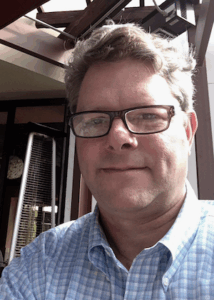
Edward Neal, MD, MSOM, is trained in both Western and Chinese medicine. He has been involved in the practice, research, and teaching of Chinese medicine for over thirty years. As part of this work, he has consulted with the World Health Organization on matters related to traditional East Asian medicine and has served as a visiting scholar at the University of California San Diego Medical School.
Dr. Neal is currently the medical director of the Apricot Grove Project, an organization dedicated to studying traditional forms of medical knowledge to identify innovative solutions for current global health challenges and to help shape a thriving, sustainable future.
Ideally, I won’t have said much at all. If the patient can tell their story and feel truly witnessed, the treatment’s already well on its way.
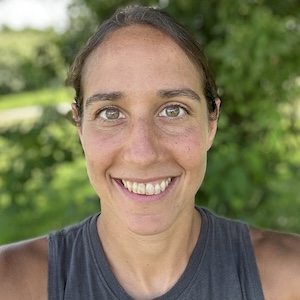 Mel Hopper Koppelman, L,Ac
Mel Hopper Koppelman, L,Ac
I’ve been interested in medicine since I was a little girl and challenges with my own health put me on a path to practice this wonderful medicine.
I received my Masters Degree from the Northern College of Acupuncture in 2012 and my second Masters Degree in Nutrition and Functional Medicine from the University of Western States in 2015. I have gone on to study Developmental Neurology with Dr Robert Melillo and Functional Neurology with Z Health.
I began studying Neijing Nature-Based Medicine with Dr Ed Neal at the Apricot Grove in 2022 and his teachings have completely changed the way I view everything – the Universe and where I fit in the grand scheme of things as well how I view medicine, health and how to live a good life.
I’m currently the Program Director at Synthesis Health Lab, an online program helping people world-wide overcome complex chronic health challenges and reverse-engineer health.
Links and Resources
Visit the Apricot Grove to learn more about Neijing Nature-Based Medicine.
You’ll also find them on Facebook, Instagram and Vimeo.
There is also the Apricot Grove Podcast on Spotify.
Vist the Synthesis Health Lab to learn more about Mel’s work.


